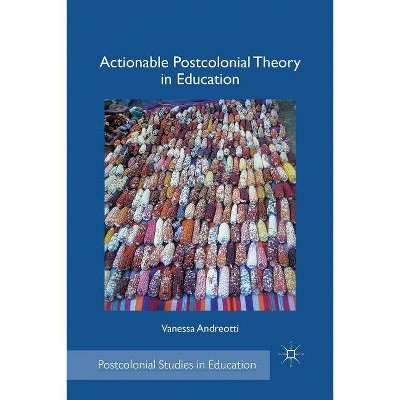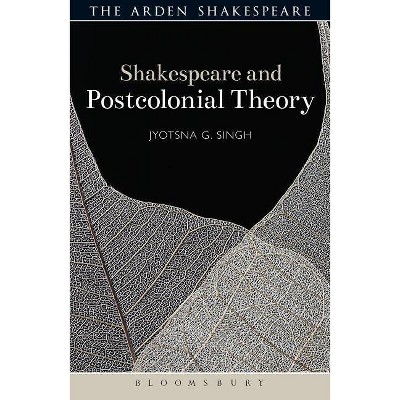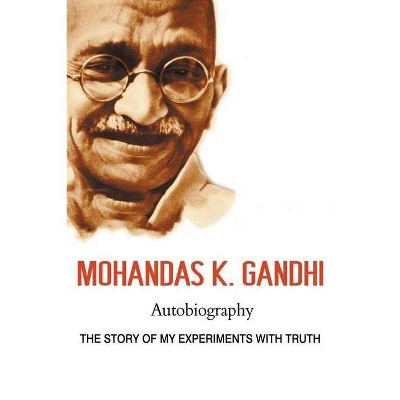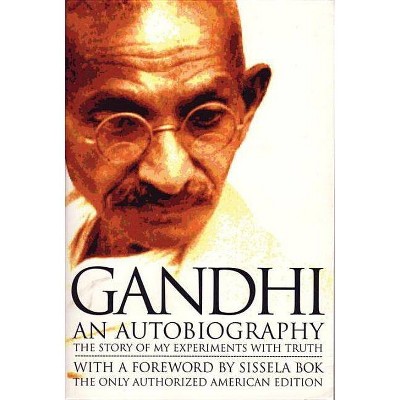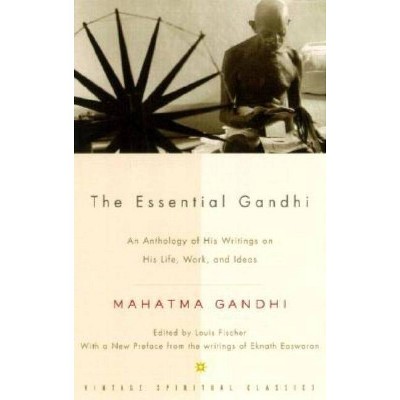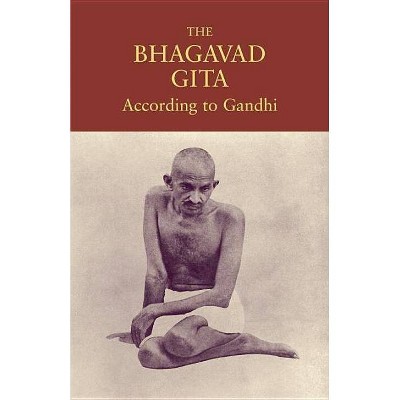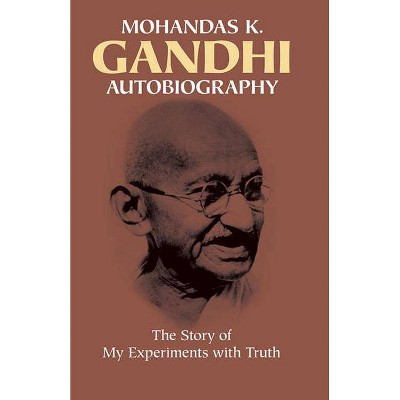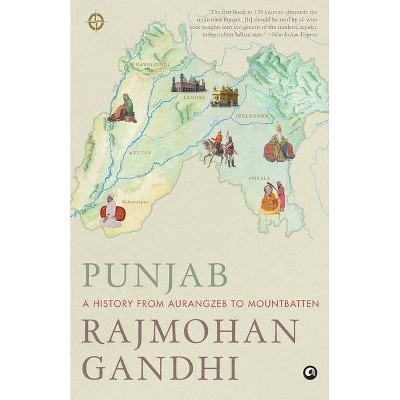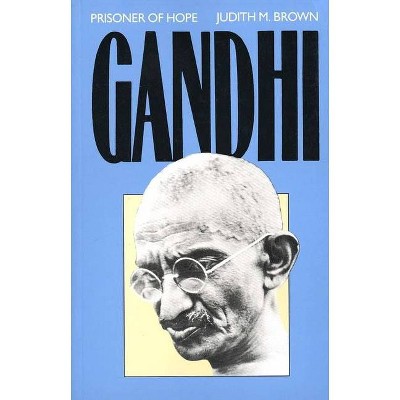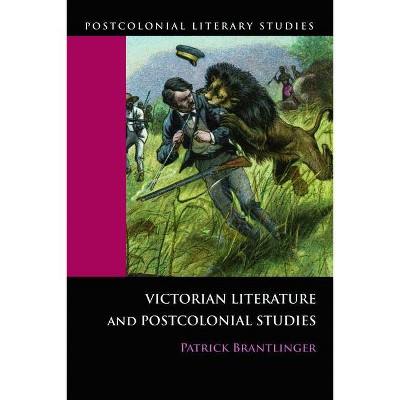Postcolonial Theory - by Leela Gandhi (Paperback)
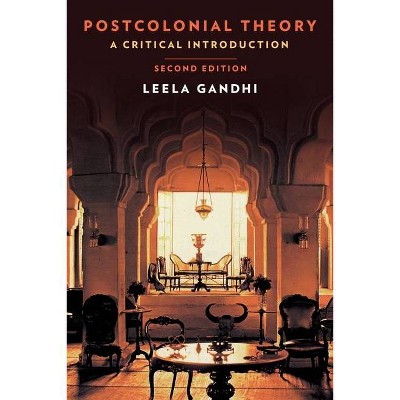
Similar Products
Products of same category from the store
AllProduct info
<p/><br></br><p><b> About the Book </b></p></br></br><p>The book provides an overview of postcolonialism's pervasiveness in the academy, and lucidly illustrates the debates about the often conflicting consensus regarding the proper content, scope and relevance of its concerns. From its influence in Marxism and poststructuralism, from the work of Edward Said to Salman Rushdie, from feminist imperialism to globalization and hybridity, Gandhi demonstrates the ethical concern that postcolonial theory can offer: how to take into account diversity without erasing distinct diasporas of difference.</p><p/><br></br><p><b> Book Synopsis </b></p></br></br>Postcolonial Theory is a ground-breaking critical introduction to the burgeoing field of postcolonial studies. <p/>Leela Gandhi is the first to clearly map out this field in terms of its wider philosophical and intellectual context, drawing important connections between postcolonial theory and poststructuralism, postmodernism, marxism and feminism. She assesses the contribution of major theorists such as Edward Said, Gayatri Spivak and Homi Bhabha, and also points to postcolonialism's relationship to earlier thinkers such as Frantz Fanon and Mahatma Gandhi. <p/>The book is distinctive in its concern for the specific historical, material, and cultural contexts for postcolonial theory, and in its attempt to sketch out the ethical possibilities for postcolonial theory as a model for living with and knowing cultural difference non-violently.Postcolonial Tehory is a useful starting point for readers new to the field and a provocative account which opens possibilities for debate.<p/><br></br><p><b> Review Quotes </b></p></br></br><br>Gandhi goes a long way to successfully situate postcolonialism with a theoretical landscape and explain its engagement with humanism, Marxism, poststructuralism and other philosophical traditions. It is an enlightening and engaging book that will prove relevant to any number of intellectual inquiries into postcolonial studies, cultural politics and/or the so-called 'humanities'. It can serve as a primer for the student of postcolonial studies, and for hte more well-read student or scholar it will complete the picture, putting postcolonial theory into an epistemological context. Postcolonial Theory merits earnest commendation and will stand out as an important contribution to the field.--Elise E. Foxworth "Thesis Eleven "<br><br>This book offers far more than an up-to-date audit of postcolonial theory and theorists. It is a critical engagement with the constitutive figures and forms of postcolonial theory. It is at times fearless, at times sentimental, at times witty, and always incisive as it outlines what has gone before in postcolonial theory, as well as pointing to the scope of that 'counter-narrative' which lies beyond.--Jane M. Jacobs "Australian Journal of Political Science "<br><p/><br></br><p><b> About the Author </b></p></br></br>Leela Gandhi lectures in the school of English at La Trobe University, Melbourne. She researches the cultural history of the Indo-British colonial encounter, and has published extensively in this area. She is the editor of <i>Shakespeare: New Orientations</i> and <i>The Looking Glass and Other Poems, </i> and coeditor of the journal<i>Postcolonial Studies.</i>
Price History
Cheapest price in the interval: 27.49 on October 27, 2021
Most expensive price in the interval: 27.49 on November 8, 2021
Price Archive shows prices from various stores, lets you see history and find the cheapest. There is no actual sale on the website. For all support, inquiry and suggestion messagescommunication@pricearchive.us
